Economics in One Lesson by Henry Hazlitt: A Classic Defense of Free Markets and Capitalism
Economics in One Lesson by Henry Hazlitt is a timeless, influential guide to the fundamentals of economic theory and a powerful defense of capitalism and free markets. First published in 1946, this book remains one of the most important works in the field of economics, particularly in the context of libertarianism and Austrian economics.
Key Takeaways from the Book:
- The Importance of Seeing the Long-Term Effects: Hazlitt argues that economic decisions should be evaluated by considering not only their immediate effects but also their long-term consequences. He emphasizes the critical importance of looking beyond short-term benefits to understand the broader impact on the economy.
- Exposing Economic Myths: Hazlitt’s central mission in Economics in One Lesson is to dismantle the common economic fallacies that distort public understanding of markets. He critiques the widespread belief that government intervention can solve economic problems and instead champions the idea that free markets and individual liberty are the true engines of economic progress.
- The Role of the Government: Hazlitt is strongly opposed to excessive government intervention. He argues that government policies often have unintended negative consequences, and that the best solutions come from individuals and the private market, not from state-directed programs.
- The Fallacy of Central Planning: Hazlitt critiques the idea that central government planning can replace the role of the free market. He argues that the complexities of an economy are too vast for any government to effectively manage and that free-market principles are the most efficient way to allocate resources.
- The Fallacy of Deficit Spending: Hazlitt also warns against the dangers of deficit spending, arguing that borrowing to fund government activities leads to inflation, reduced economic growth, and long-term financial instability.
- Universal Relevance: Despite being written over 70 years ago, Economics in One Lesson continues to be highly relevant today. Hazlitt’s insights on economic liberty, limited government, and the dangers of interventionism have become even more applicable as global economies grapple with issues of overregulation, fiscal irresponsibility, and the consequences of state control.
Why This Book Matters:
Economics in One Lesson is widely regarded as a foundational text for anyone interested in understanding the principles of free-market economics. It explains complex economic ideas in an accessible way, making it suitable for both beginners and experienced readers. Hazlitt’s arguments have stood the test of time, with many of his predictions about the collapse of state-controlled economies and financial systems coming to fruition decades after the book was written.
This book is a must-read for anyone interested in understanding the underlying principles that drive capitalist economies and the benefits of economic freedom. It provides a clear, concise framework for understanding the dangers of government intervention and the importance of individual responsibility and market solutions.
The Legacy of Economics in One Lesson:
Hazlitt’s work is considered one of the cornerstones of modern libertarian thought, influencing economists, policymakers, and business leaders for decades. Its accessibility, depth, and insight into economic fallacies continue to shape discussions on economic policy and free-market principles.
For those looking to understand the principles of economic liberty, the importance of free markets, and the dangers of excessive government intervention, Economics in One Lesson remains an essential read.



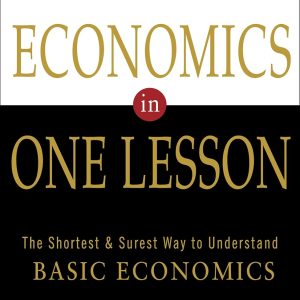
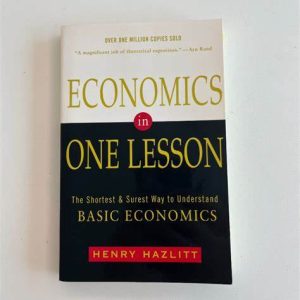



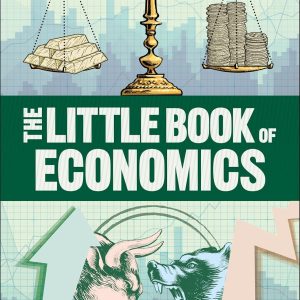
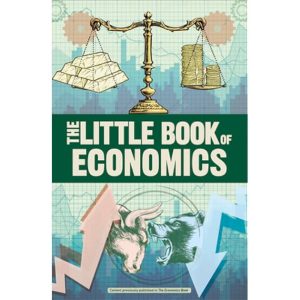
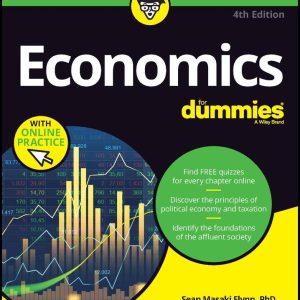

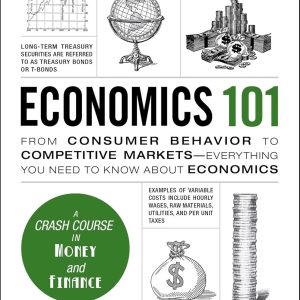

Reviews
There are no reviews yet.